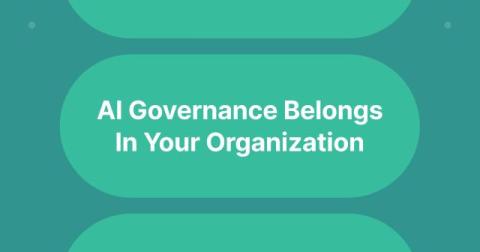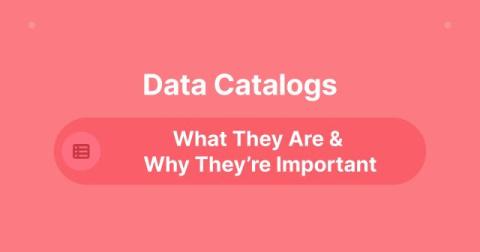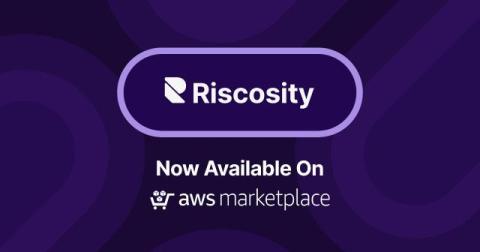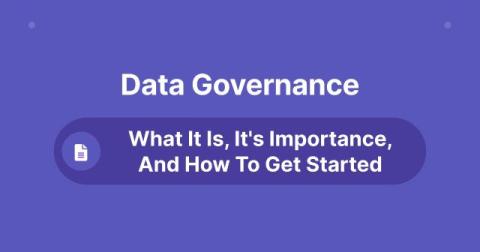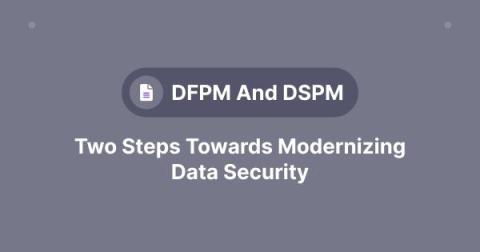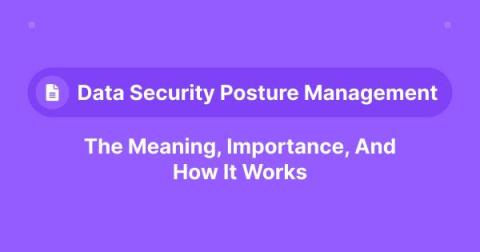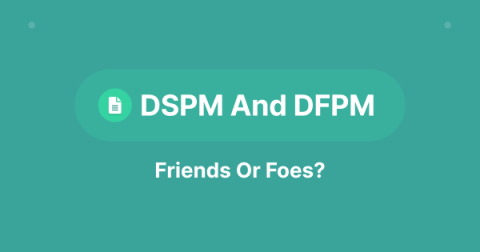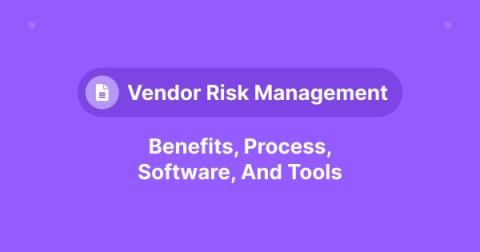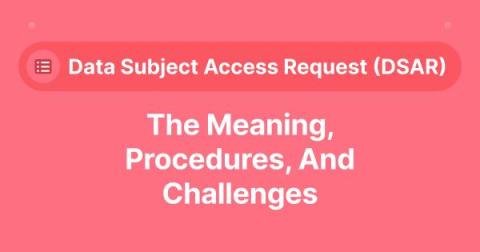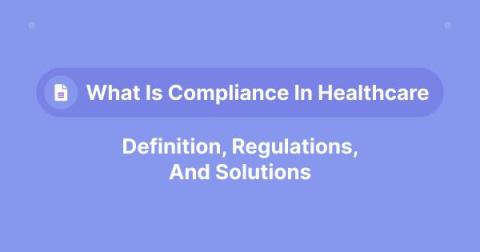AI Governance Belongs In Your Organization
In the modern workplace, GenAI models have become powerful assets due to their ability to introduce efficiency, up level product innovation, and expedite how teams close the gap on competitors. However, these powerful tools also introduce significant risks related to data security and governance. Companies that aren’t actively figuring out how to govern the GenAI they’ve adopted will inevitably be left vulnerable.


